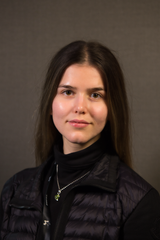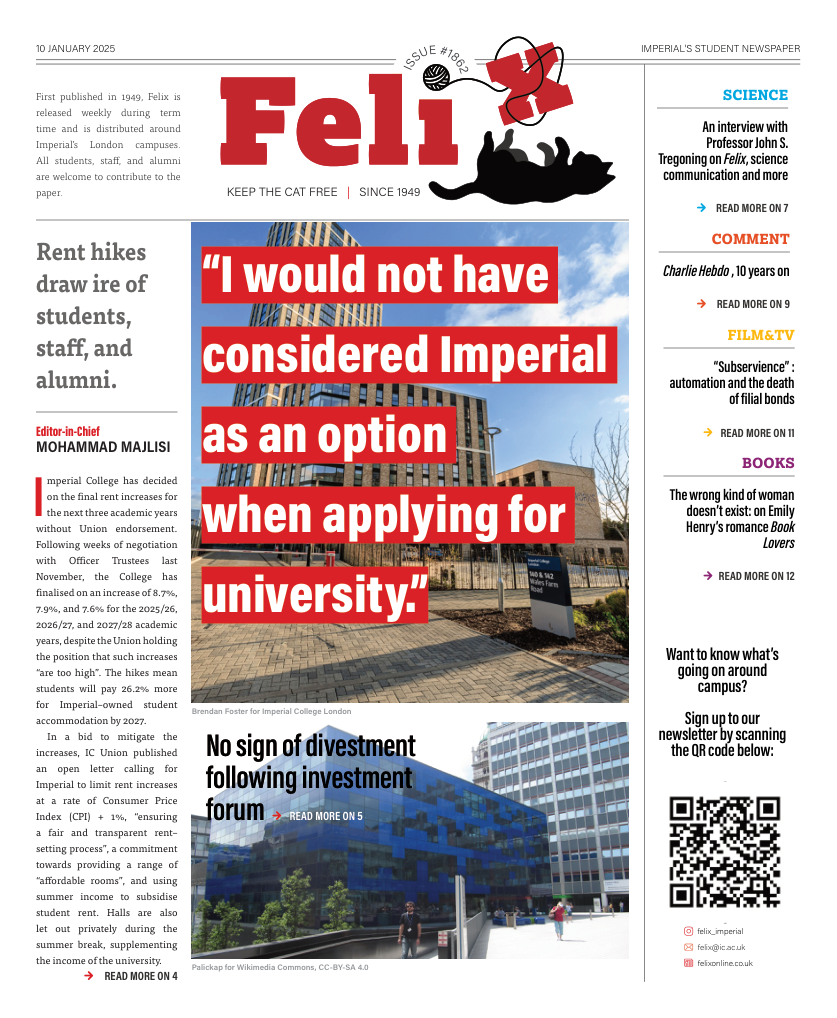To engineer for a village
Meet Cameroon Catalyst, a student-led society dedicated to design solutions for villages and inspiring members to lead engineering projects.
Cameroon Catalysts’ Imperial branch is searching for medical students and mechanical, civil, and material engineers to join its endeavour to provide infrastructure and medical education to two villages in Eastern Cameroon: Bambouti and Petit Bello.
Started by the University of Southampton, Cameroon Catalysts’ projects provide clean drinking water via hand-dug wells, rainwater harvested storage systems, and improved pit latrines to ensure safe sanitation. Chapters of the organisation grew within the University of Birmingham and Imperial College London to focus on similar projects. The team that Felix visited at the end of last term had already implemented some of their household rainwater harvesting designs during the annual three-week trip to Bambouti that previous September.
In the room sat the Chair, Mathew Williams, Secretary Mark, Point of Contact Officers Gus and Joe, and Fundraising and Outreach Officer Louisa. “Be on your best behaviour, Mark,” Mathew sarcastically ordered as Felix took a seat. “What do we need to do by next term?” Mathew asked his team to kick-start the hour-long meeting, and answers flooded the room.
First, the team needs to source a Percussion Drill in Cameroon and discuss if they could ask their contacts at UNICEF. One volunteer quickly asked their friend “Would you like to work on it together?” with a quick confirmation, the next subject entered discussion: fundraising.
The team is required to raise some of their funds; a bake sale last term earned them around £100. The next sale, a coffee and bake sale is planned for late January/early February. While last year’s society raised a total of £1,000, the majority of funding comes from different engineering grants, individual grants, partnerships, and from the senior committee of Cameroon Catalyst.
The following topic: the annual meeting in February in Southhampton, hosted by Imperial College for the first time, and an excellent opportunity to learn about the projects, the organisation, and the team. The team recommends any interested readers to sign up for the meeting. It will set the scene for their 2025 trip.
This upcoming trip aims to interview households on their water usage and to gather data to apply for funds from higher-level officials and larger organisations, such as UNICEF. Meanwhile, the team can monitor and quantify their impact, as well as learn of the new problems to which they can apply their engineering mindsets. Currently, rainwater is used to wash and clean with, however is not safe enough to drink. Thereby, the team is also looking for medical students to help design and lead hygiene workshops in the villages. Mathew is keen to start a “Sanitisation” sub-chapter, focused on this key issue.
“More than a civil engineering society”: Mathew notes that they “help people in poverty” and “see [their ideas] implemented” as Joe commented. While the trip is “demanding”, engineering for Cameroon is “unique compared to Europe” and requires “on-the-ground knowledge”. Gus was keen to emphasise that before implementing their solutions, the students receive “feedback on their ideas” and have their “real work” checked by engineering companies.
The members enjoy their work and a team of third-year civil engineering students explained with big smiles how their second-year course on Rainwater Harvesting was directly applicable to their project last year. In their passion to “make something real”, Mark noted that their latest project was “the biggest talking point in [his] latest interview”.










